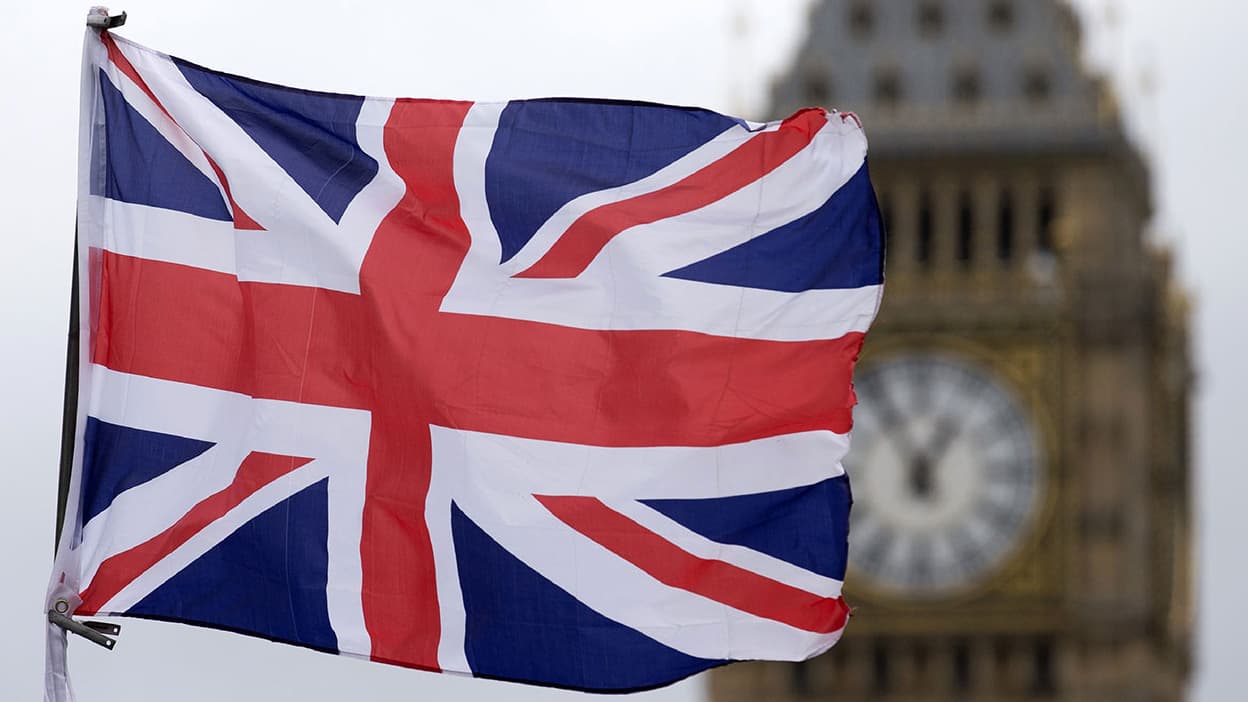
In the UK, the unemployment rate fell to 3.8% in the three months to the end of February. The number of long-term unemployed is at a historically low level.
The unemployment rate fell to 3.8% in the UK in the three months to the end of February, mainly due to labor market depletion, while a dire labor shortage remained. At the end of January, the unemployment rate stood at 3.9%, the level just before the coronavirus outbreak.
The number of the long-term unemployed, i.e. those who have been looking for work for more than 12 months, has reached a record low, the Office for National Statistics (ONS) said in its monthly report on the position on Tuesday.
“As unemployment has continued to fall, we’ll see more people leaving the job market and because they’re not looking for work, they’re no longer counted as unemployed,” notes Darren Morgan, director of economic statistics at the NSO.
The number of employed persons remained more or less stable in the period from December to February, but vacancies remain at record levels, even if they are increasing more slowly.
Many sectors of the UK economy, from the hospitality industry to manufacturing, including distribution and agriculture, are in dire need of workers, especially foreign workers, in the wake of Brexit, the pandemic and now the war in Ukraine.
“Basic salary drops”
On the salary side, Darren Morgan points out that high bonuses continue to soften the impact of rising prices in certain sectors, but that “base salary is now falling significantly in real terms”, ie excluding inflation.
This is rising to the highest level in 30 years in the UK, at 6.2% in February, but should rise further and could rise above 8% according to the Bank of England, which weighs heavily on the household budget.
The war in Ukraine, in particular, has pushed up energy and fuel prices, which have risen sharply since the end of the summer as a result of the recovery after the pandemic. March inflation figures will be announced on Wednesday.
Suren Thiru, economic director of the British Chamber of Commerce (BCC), points out that the fall in unemployment is largely due to a “shrinking workforce” and testifies to the “recruitment crisis” facing the companies, according to a statement.
“Severe labor shortages may persist and depress economic activity,” he warns.
If wages rise, they will fall well short of inflation, Mr Thiru said, which could ” further erode real incomes and slow down consumer spending, a key driver of UK growth”. He calls for more to do to help people, especially older workers, “retrain for high-demand jobs”.



